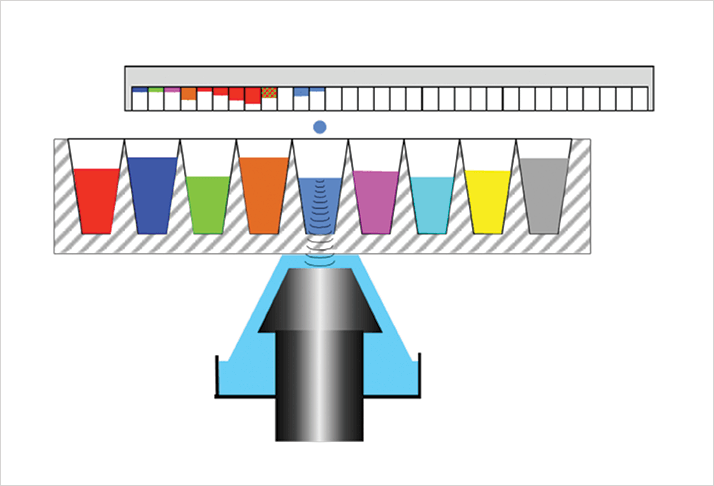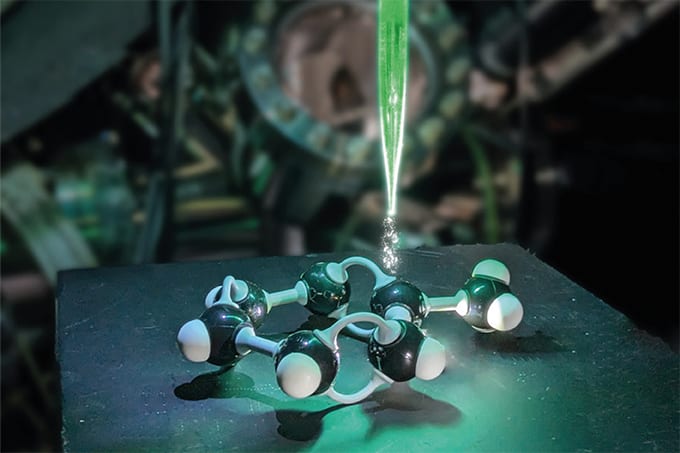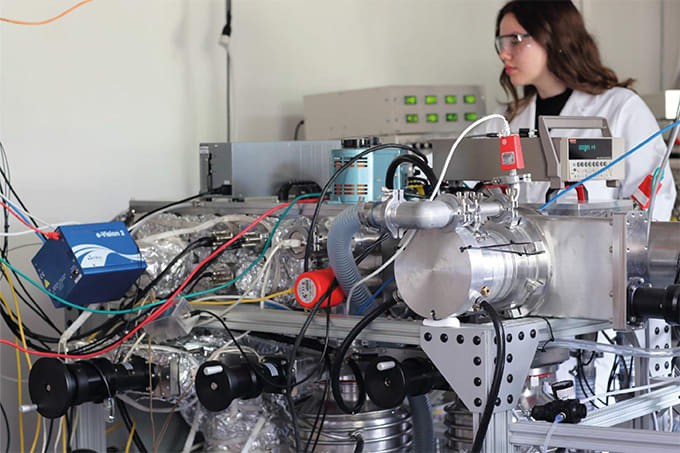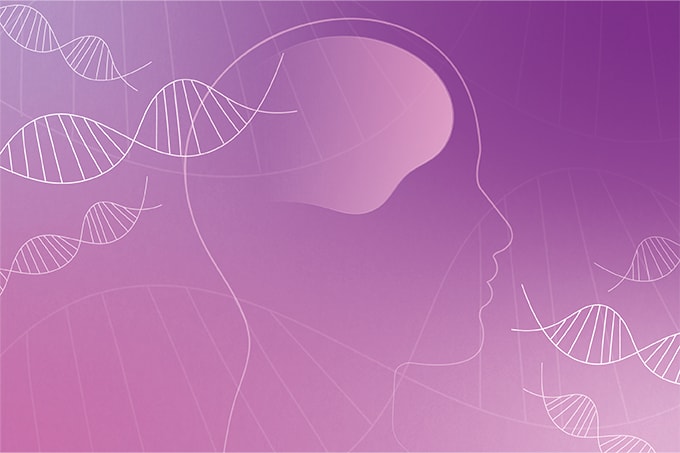Labcyte’s acoustic liquid handling system Echo aims to prevent errors that generate misleading results in drug development by using sound waves to dispense a wide variety of liquids in nanoliter increments (see figure 1). Now, AstraZeneca has proven its interest by collaborating on the development of an instrument that delivers test samples into a mass spectrometer. The hope? That it will generate better results at lower costs than traditional systems, which tend to suffer from transfer errors and sample contamination.

According to senior director Brad Nelson, “The goal of the project is to enable high speed acoustic loading of samples into a mass spectrometer, directly from an assay plate. This capability would enable direct detection of native analytes, without the use of surrogates, radioactivity, coupled assays, or indirect measurements. It would be a transformative capability for drug discovery”. Labcyte’s system featured in the July issue of The Analytical Scientist in an article that concluded that it did not wish to oversell the impact of the failure of serial dilutions in high-throughput screening (HTS) applications, but suggested there may be instances where researchers follow dead-end compounds in a doomed attempt to discover new drugs. A comment online disagreed only with the timid stance of the statement: “The last paragraph of this article is not an ‘oversell’ but rather fairly states the risk of continuing to use ‘widespread and deeply entrenched’ pipettes and serial dilution processes. For all the reasons given, not switching to acoustic direct dispensing seems unjustifiable.” Mike Snowden, AstraZeneca VP Discovery Sciences, said in a press release that it was two of their own scientists that discovered the potential benefits. He went on to say, “Combining acoustic delivery with mass spectrometry has the potential to open up new areas of science through transformational improvements in sampling rates and reductions in sampling volumes.”




